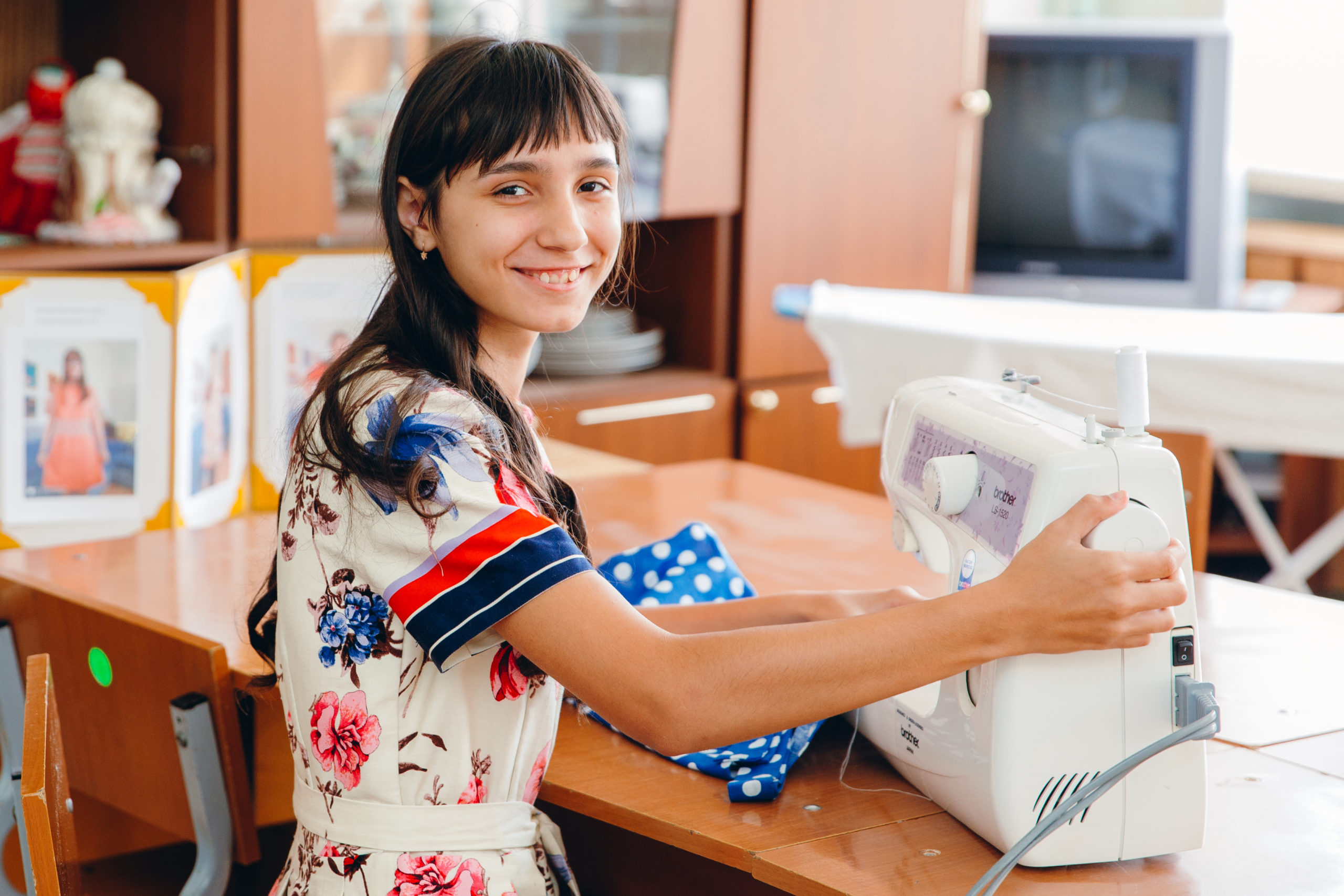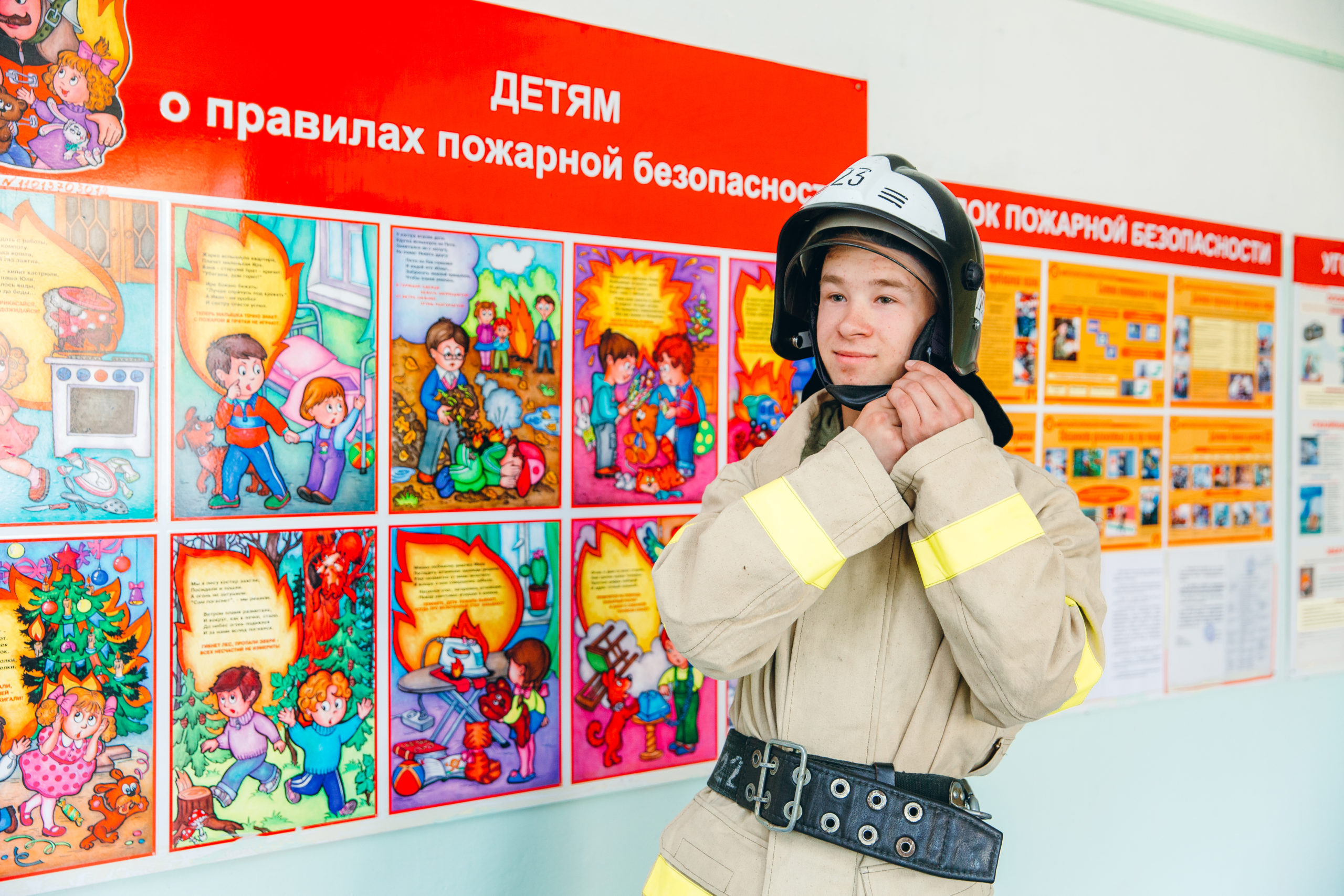“Irina Sergeyevna, I started reading!” How a remedial school in Verkhnyaya Salda lives and works
Mel editor Anastasia Larionova talked to two graduates of this school, Nikita and Ksyusha, as well as the director about why not everyone needs the multiplication table to be happy.
A school where they learn to go to the store and the post office
Nikita and Ksyusha are graduates of a remedial school in Verkhnyaya Salda. It is a town in the Sverdlovsk region, almost 200 kilometers from Yekaterinburg, and about 40 thousand people live there.
Children with different special educational needs study at the remedial school in the town. In this school there is no physics and English, instead of math some children go to “mathematical performances”. There they are given basic knowledge about figures and simple operations like multiplication and subtraction – in other words, they learn things that can be useful in everyday life.
In addition to the usual subjects like physical education and history, the schedule includes Social Life. In this lesson, the class may be taken on a field trip to the store or post office, or taught how to cross the road. This lesson may also focus on basic hygiene: children are taught to wash their hands and brush their teeth.
“We help our schoolchildren to master what a normotypical child does not think about at all: he learns in the image of his parents at home. A child with intellectual disabilities needs some professional help in this regard,” says director Irina Sergeevna.
In addition to the timetable, a remedial school differs in the number of children in a class. If in a regular school there can be 30people in a classroom, here there are a maximum of 12. If we are talking about children with RAS, there will be no more than eight in a class. In the case of severe multiple developmental disorders – a maximum of five. In such classes the teacher works individually with one child for a few minutes while the tutor watches the others. Then it’s another student’s turn.
"We emphasize labor education."
Pupils of Verkhnyaya Salda school finish nine grades. The final exam is comprehensive: tasks in Russian language, mathematics and certification on labor profile (it is a compulsory subject in the schedule). Pupils take the exam on the profile they have chosen after the seventh grade. Before that they are shown different types of labor. Classmates are divided not by gender, but by the preferences of the child and parents. Some boys, for example, choose sewing, and teachers only support them.
“In the process of educating children with special needs, we don’t try to give them complex academic knowledge. Instead, we emphasize labor training and career guidance,” says the director.
Irina Sergeyevna and all the teachers have experienced that remedial schools for children with special educational needs are a good support for parents. “Every parent of a child with special developmental needs is anxious. It is natural and absolutely normal. That’s what schools like ours are for. When moms and dads panic, they don’t know which specialist to turn to. At the school, the experts necessary for the child, pedagogical specialists, work in one team. Parents can give their child here and be calm: by the end of ninth grade, he or she will have all the necessary social and everyday skills that will help him or her find a job, start a family and make friends.
The director says that a significant part of the problems of remedial-developmental education could be solved with proper government support. In particular, it is important to psychologically support parents who find it difficult to accept a child’s diagnosis.
“The state would make it easier for us if young parents of children with special developmental needs were counseled early on, from the first days of life. This could be done through foundations or parenting clubs. When schoolchildren have some needs related to the educational process, we solve these problems with the help of charitable foundations. For example, the Empathy Foundation often helps us,” explains the director.
Empathia’s charitable activities began with the support of this remedial school in Verkhnyaya Salda. In 2020, the Mikhail Shelkov Foundation, the majority shareholder of VSMPO-AVISMA, began to improve the area around the school and build a modern sports ground tailored to the special needs of its students. And since the end of the year, the Foundation has been helping all teachers in this town with monthly additional payments.
Mikhail Shelkov, founder of the Empathy Charitable Foundation:
“Correctional school teachers play an important role in the lives of special children: they help each child to overcome their individual difficulties and fears, to achieve success in their studies. With patience and understanding, teachers create a safe and supportive environment where children can feel accepted and important. This is a tremendous amount of work that can only be appreciated after time. For the Foundation, this is evident now, which is why we invest so much effort in grant programs, competitions and training for teachers”

